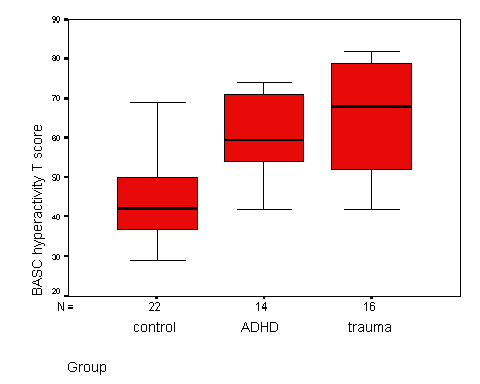
Western Civilization in the Latter Days
Immanuel Wallerstein directs the Fernand Braudel Center for the Study of Economics, Historical Systems, and Civilizations at Binghamton University in New York. Wallerstein also teaches at the Ecole des Hautes Etudes en Science Sociales in Paris. Wallerstein holds international stature as a sociologist because he pioneered the theoretical modeling of global social systems. Much of his work is based on the history of capitalist expansion beginning in 16th century western Europe. He’s written books with titles like as The End of the World as We Know It (1999) and The Decline of American Power (2003).
In the aftermath of the 2004 presidential election, it seemed to me that the world as I knew it had come to an end, so naturally I was intrigued by Wallerstein’s use of this phrase in a book title. Because I see the use of U.S. military power in Iraq as a weak response to the threat posed by international Islamic jihadism, I chose to read Decline rather than one of Wallerstein’s other books. I should also add, the financing of massive tax cuts with loans from Chinese bankers is a fool's response to the economic threat posed by “the coming generational storm." That’s actually the title of a book by Laurence Kotlikoff & Scott Burns, and it refers to the enormous economic burden posed by the retirement and physical decline of the Baby Boom generation. This “storm” will affect some industrialized countries more seriously than the U.S., most notably, Japan and EEU countries where birth rates are too low to sustain the state social safety net for elderly citizens.
Wallerstein’s major premise is that the world economic system, which is dominated by capitalist enterprise, is fast reaching the limits at which it can sustain itself. He bases this premise on the analysis of three structural supports in the global capitalist economy. First, economic growth depends on low labor costs. Historically, cheap labor has come from rural areas. The number of rural areas of the planet that can be easily exploited for cheap labor will be exhausted within a generation of the economic development currently taking place in China, India, and the Pacific Rim*. Second, the development of a formerly rural labor force leads to increased pressure for tax-funded benefits such as education, health care, and other types of social insurance. Finally, the capitalist economic system depends on a finite supply of natural resources. Oil is the most obvious of these finite sources, but there are many others of enormous consequence—potable water, for example. Environmental degradation is a byproduct of resource depletion, and the degradation of natural systems is reaching the level of second order change.
Second order change is a concept I learned in family systems therapy. It refers to a fundamental alteration in system equilibrium, such that new rules of functioning come into operation. First order change indicates adjustments to the system that do not radically alter its basic functioning. Getting divorced is a second order change. Melting of the icecaps is a second order change.
Wallerstein argues that the world system is approaching the level of second order change. As evidence of this, he points to extremes in systemic functioning—what’s known as the bifurcation of equilibrium. An example would be the widening gap between the rich and the poor, those who with access to education and those without, those with technological skills and those without. There are places in the world—certain countries in Africa are a good example—where no amount of hard work, education, or skills training will radically alter a person’s lot in life. *Wallerstein has much to say about the EEU & U.S. hegemony over Africa, Latin America & the Middle East affect their potential for economic growth, but I am not familiar enough with his work to say much more than I’ve already written. He also has a lot to say about the collapse of socialist economies and the rise of nationalist and other popular movements.
Wallerstein doesn't try to predict the outcome of the tranformation our global socio-economic system is currently undergoing. He's a scientist, not a seer. One thing seems certain to me: We're in for a wild ride over the next 40+ years.


0 Comments:
Post a Comment
<< Home